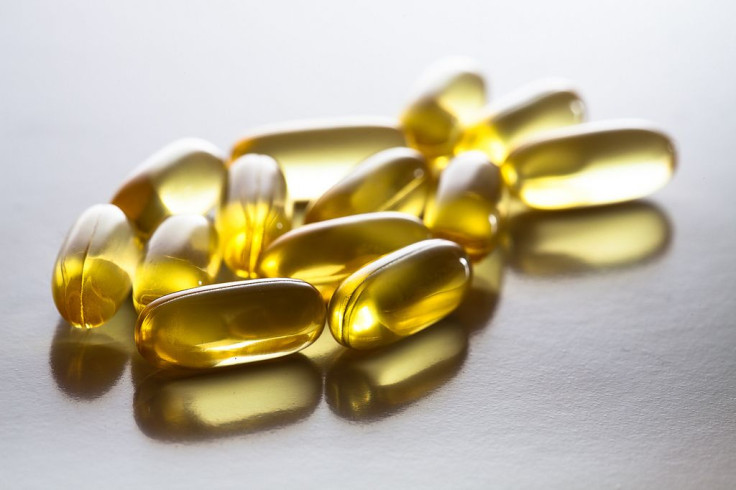High Intake Of Fish Oil Reduces Risk Of Breast Cancer By 14%

Breast cancer is one of the most common cancers among women, and is the leading cause of cancer-related death in women. In 2009, 211,731 women in the United States were diagnosed with breast cancer, according to the Centers for Disease Control and Prevention, and nearly 20 percent of those women died.
Many studies have suggested that changes to diet and lifestyle could potentially prevent the onset of cancer, As a result, dietary fat intake has been closely studied in the effort to identify if fats should be avoided altogether, or if some fats are beneficial. A fat commonly found in fish, n-3 polyunsaturated fatty acids (n-3 PUFA), or fish oil, has been proven to inhibit cancer onset in mice in previous studies.
Before now, previous studies have shown that fish consumption has both positive and negative risks for cancer development.
In a new study, an analysis of 26 studies from the United States, Asia, and Europe, which included 883,585 participants, researchers found that higher consumption of fish oils is associated with a lower risk for development of breast cancer.
Researchers found that only n-3 PUFA reduced risk for breast cancer. Consumption of other fish oils, like alpha linoleic acid (ALA), docosapentaenoic acid (DPA), and docosahexaenoic acid (DHA) showed little to no difference in breast cancer risk. But how much of the n-3 PUFA fish oil should one take?
A dose-response analysis indicated that a 0.1 grams per day of n-3PUFA supplements was associated with five percent lower risk of breast cancer, while actual consumption of one to two reasonable portions of fish per week, which provides a high intake of fish oil, reduces risk by 14 percent. Risk for breast cancer is lowest among Asian populations that were part of the analysis, as the fish intake in Asian countries is higher than in western countries.
However, fish intake on its own could potentially provide risk for cancer as well. If fish contain pesticides or metals, like mercury, from the water in which they swim, fish intake can have an adverse effect and cause breast cancer instead of prevent it.
This is the first time researchers have been able to pinpoint a dosage of fish oil that could prevent breast cancer. This is also the first time that fish oil has been implicated in protection from breast cancer, with true and solid proof. In a report analyzed in this study, 16,178 breast cancer incidences occurred among 527,392 patients. While 16,178 is a rather large number, this represents only four percent of the group taking fish oil. This is promising, as it prevented breast cancer in the other 96 percent of participants taking fish oil, despite their predisposition toward it.
While this much has been proven, not much has been found regarding how fish oil works. A 2011 study found that fish oil could boost cancer therapies and allowed for greater cell growth regulation, which is key to avoiding cancer, as cancer occurs as a result of the deregulation of cell growth. A 2010 study indicated that fish oil can prevent breast cancer from metastasizing and prevented tumor progression. In another 2010 study, scientists looked at the effect of dietary supplements on breast cancer progression. They found that risk of breast cancer was 32 percent lower among women who regularly used fish oil supplements.
While more work should be done to figure out the way in which fish oil works in the body, it is clear that it can prevent breast cancer if taken or eaten daily.
Source: Zheng J, Hu X, Zhao Y, Yang J. Intake of fish and marine n-3 polyunsaturated fatty acids and risk of breast cancer: meta-analysisof data from 21 independent prospective cohort studies. BMJ. 2013.



























